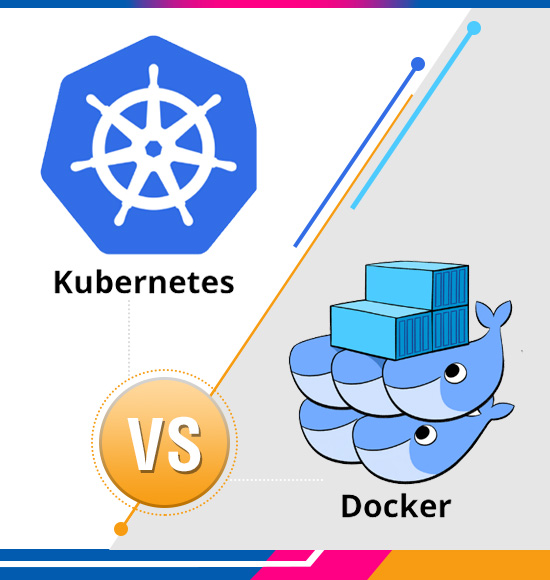Key Differences between NextJS and NextJS + ReactJS
Web developers need to remain abreast of cutting-edge technologies to stay relevant in the industry. They need to go through that long and tiring process of deciding which framework would be the best before commencing any project. Web developers often get overwhelmed and bewildered by looking at the variety of options available for them to enhance their web applications. However, this article makes sure that every web developer knows the key differences between NextJS and Reactjs and is capable enough to choose between the two.
NextJS and ReactJS are two of the most popular javascript frameworks. They provide web developers with pre-written JavaScript code. Not only does this code facilitates the development process of web applications and websites, but it also makes HTML pages more interactive and engaging.
Considerations While Selecting a Framework
Software development is an ever-evolving space. To cope with the rapid changes, the number of frameworks is also increasing. With this, there comes an imminent need for developers to learn which framework is the best for them. No one can tell which one of the many frameworks is the best, as there is no one can-do-it-all framework. Every framework has its unique qualities and characteristics. All we can do is present some of the considerations that can be of assistance while making an informed and intelligent decision.
Open Source
To prevent unnecessary burning of holes in the pocket, web developers should choose an open-source framework. Such a framework is free to use and requires no license. It even allows one to distribute it commercially if the need arises in the future. Thus, enabling more provisions for web developers.
Available Documentation
Documentation of a framework is the key to success. Well-explained documentation of a framework facilitates setting them up and troubleshooting issues during development. Unkempt documentation, on the other hand, confuses developers and thus creates hindrance during development.
Active Community
A friendly community can attract web developers to a framework. While a snobby one, on the other hand, makes web developers resent the entire framework. Web developers need to make sure that the framework they are opting for has an active community. The members of these communities make sure that they are well-informed about the latest technological inventions and actively participate throughout.
NextJS and ReactJS make the lives of the developers easy. Both of them have a friendly community, well-structured documentation, and are free to use. Apart from all these mentioned factors, these frameworks also contain unique features. Here’s a distinction between the two for the ease of developers.
[Read Also: ReactJS 18 RC Version Out! Read to know the distinguishing features ]
Key Differences between NextJS and ReactJS
SEO Friendly
When NextJS is used along with ReactJS, the web application becomes SEO-friendly. This is possible because NextJS follows server-side rendering. In this HTML files are converted in the server to usable information. The entire process is done in a few milliseconds. Using ReactJS alone, web applications can’t be well referenced by search engines. This is because the initial HTML file they serve is meaningless and they have a slow server response time.
Enhanced Performance
NextJS when used along with React JS enhances the performance of web applications. NextJS follows code splitting. In this, code is split into various bundles or components. These bundles can be loaded at runtime when they are called for. This will reduce the unnecessary loading of code that the user does not need. This will improve the performance of web applications dramatically.
Additional Libraries
ReactJS is not a comprehensive solution. It does not contain libraries for important tasks such as routing. Hence, it becomes mandatory to add third-party libraries. However, when used with NextJS, there is no compulsion to add third-party libraries. Web developers can choose if they wish to add libraries and further improve the performance of web applications.
ReactJS and NextJS provide incredible freedom to the developers. ReactJS is supported by a solid community and gives one the provision to fabricate things according to one’s will. NextJS on the other hand makes the lives of web developers quite simple with a few instruments and is likewise supported by a friendly community. Web developers need to keep in mind their business requirements, available resources, and the above-mentioned points in mind to make a sound decision.
[ Read Also: 5 Benefits of using Next Js along with React JS ]




